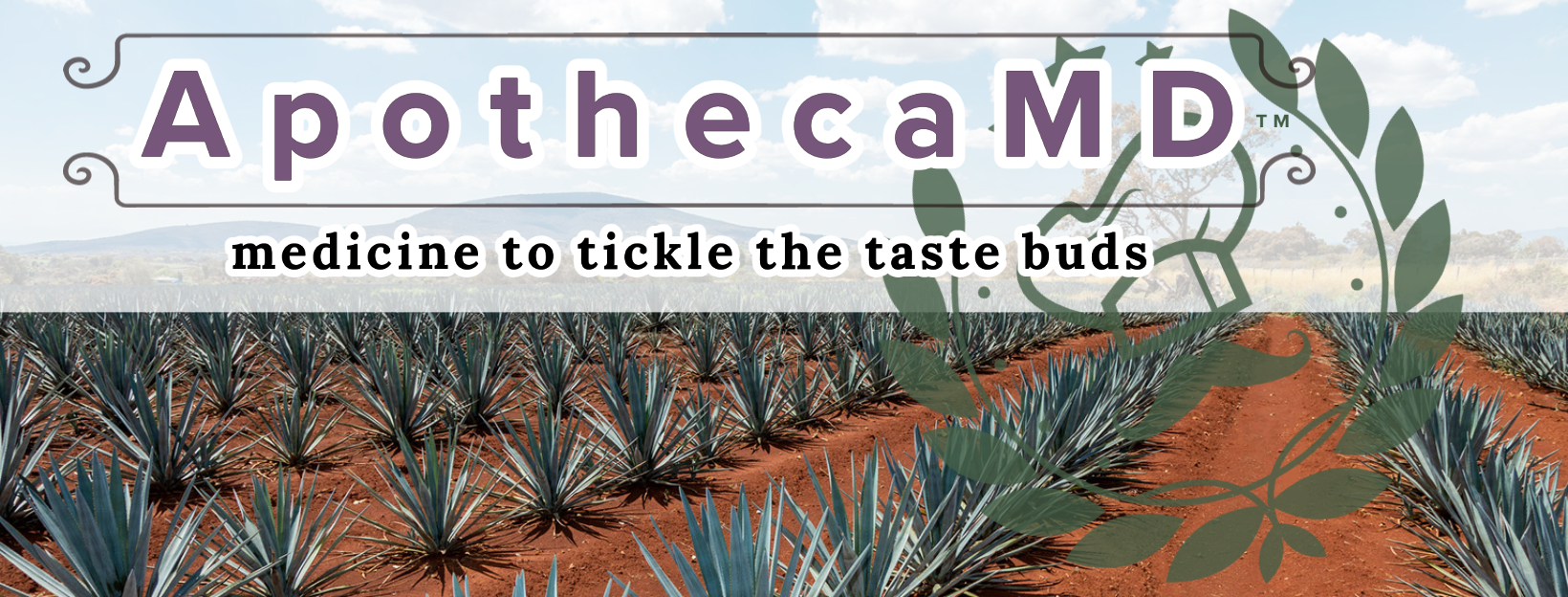Dietary Components Affect the Plasma and Tissue Levels of Lutein in Aged Rats with Lutein Deficiency–A Repeated Gavage and Dietary Study
J Food Sci. 2015 Oct;80(10):H2322-30. doi: 10.1111/1750-3841.13007. Epub 2015 Sep 25.
ABSTRACT
The aim of this study was to find out the influence of selected dietary components on plasma and tissue response of repeated micellar and dietary lutein in aged rats with lutein deficiency. In repeated (16 d) gavage study, micellar lutein was co-ingested with either phosphatidylcholine (PC), lyso-phosphatidylcholine (lysoPC), β-carotene, dietary fiber or vegetable fat (3% soybean oil). In dietary study, rats were fed (4 wk) semi-synthetic diet either with lutein + PC, lutein + dietary fiber or B. alba (lutein source) + PC. The post-prandial plasma and tissue response of lutein was measured by HPLC. Results showed that micellar fat, PC and lysoPC significantly (P ≤ 0.05) increased the lutein levels in plasma (31.1%, 26.8%, and 34.9%), liver (27.4%, 29.5%, and 8.6%), and eyes (63.5%, 90.2%, and 86%) compared to the control group (group gavaged micelles with no dietary components studied). Similarly, dietary study showed an enhanced plasma, liver, and eye lutein levels by 44.8%, 24.1%, and 42.0% (lutein + PC group) and 51.7%, 39.8%, and 31.7% (B.alba + PC group), respectively compared to control. The activity of antioxidant enzymes in plasma and liver of both the studies were also affected compared to control. Result reveals, that PC enhance the intestinal absorption of both micellar and dietary lutein which is either in free or bound form with food matrices in aged rats with lutein deficiency. Hence, PC at a concentration used in this study can be considered to improve the lutein bioavailability in lutein deficiency.
PRACTICAL APPLICATION: Lutein and zeaxanthin are macular pigments acquired mostly from greens, that play an significant role in protecting vision from Age related macular degeneration (AMD). However, their biological availability is poor and affected by dietary components. This study demonstrates the positive influence of dietary PC and lyso PC in improving intestinal uptake of lutein. Our previous and present finding shows there is a possibility of developing functional/supplemental foods with PC and lyso PC targeted to elderly populace thus minimizing or delaying the vision complication associated like AMD.
PMID:26404863 | DOI:10.1111/1750-3841.13007

